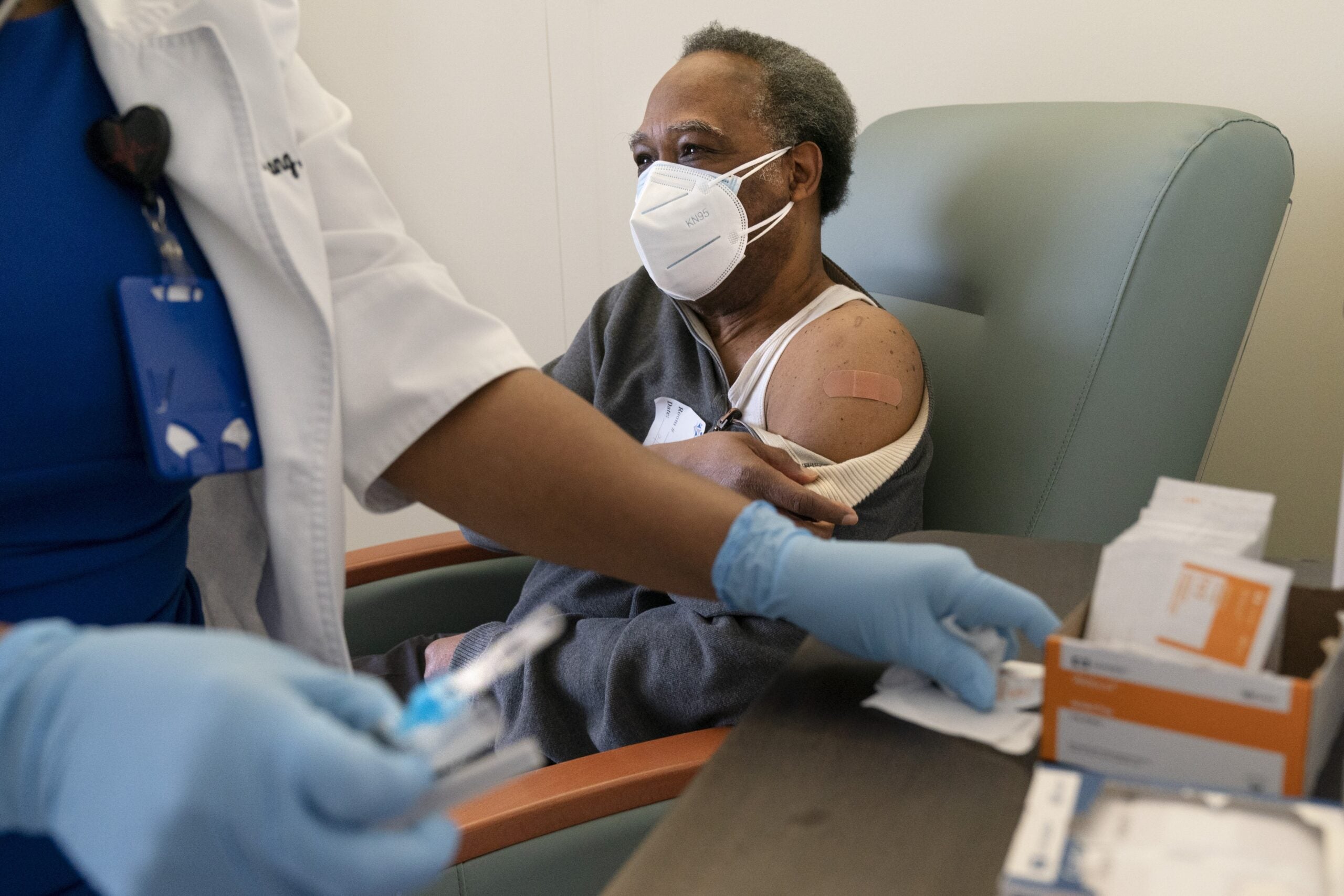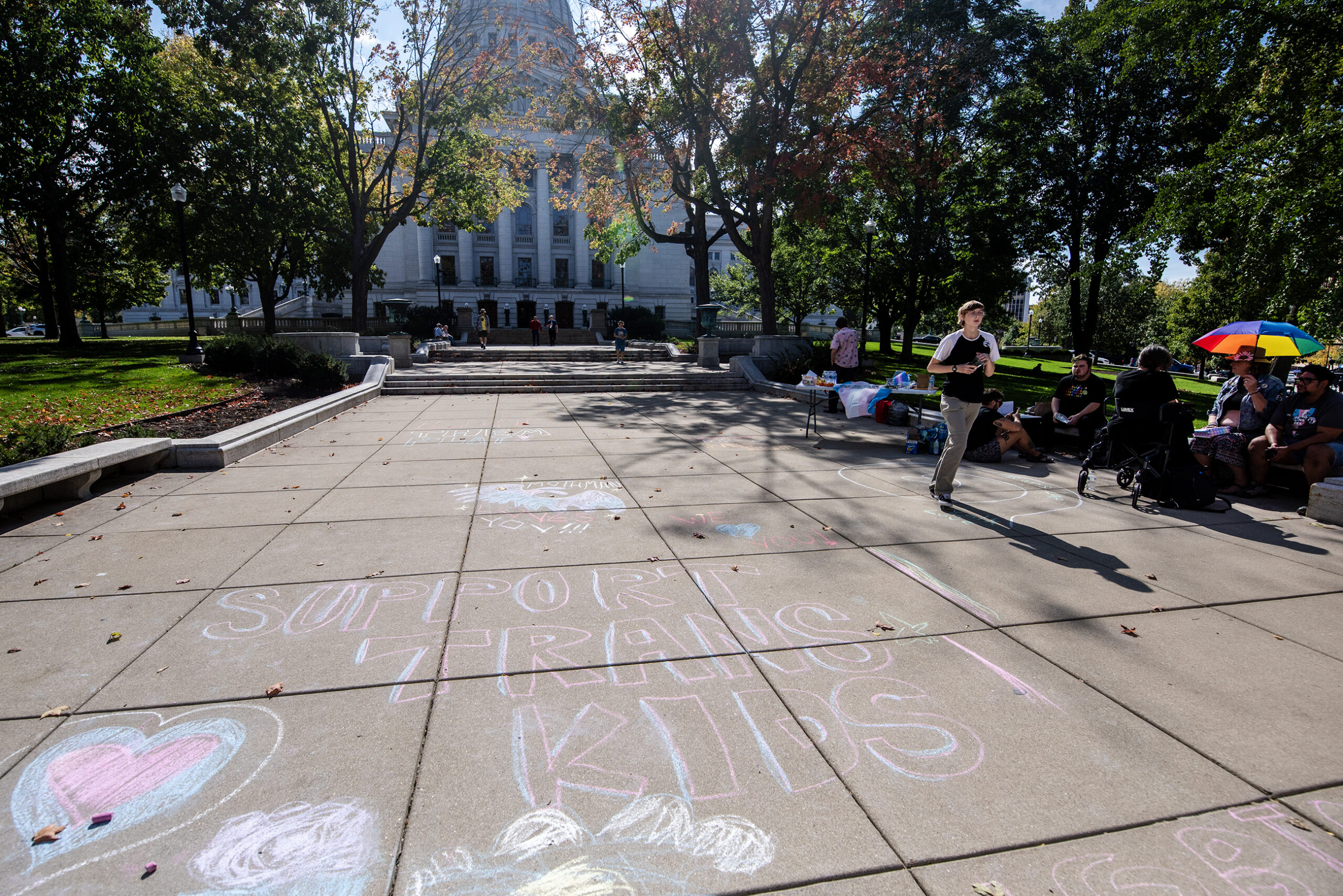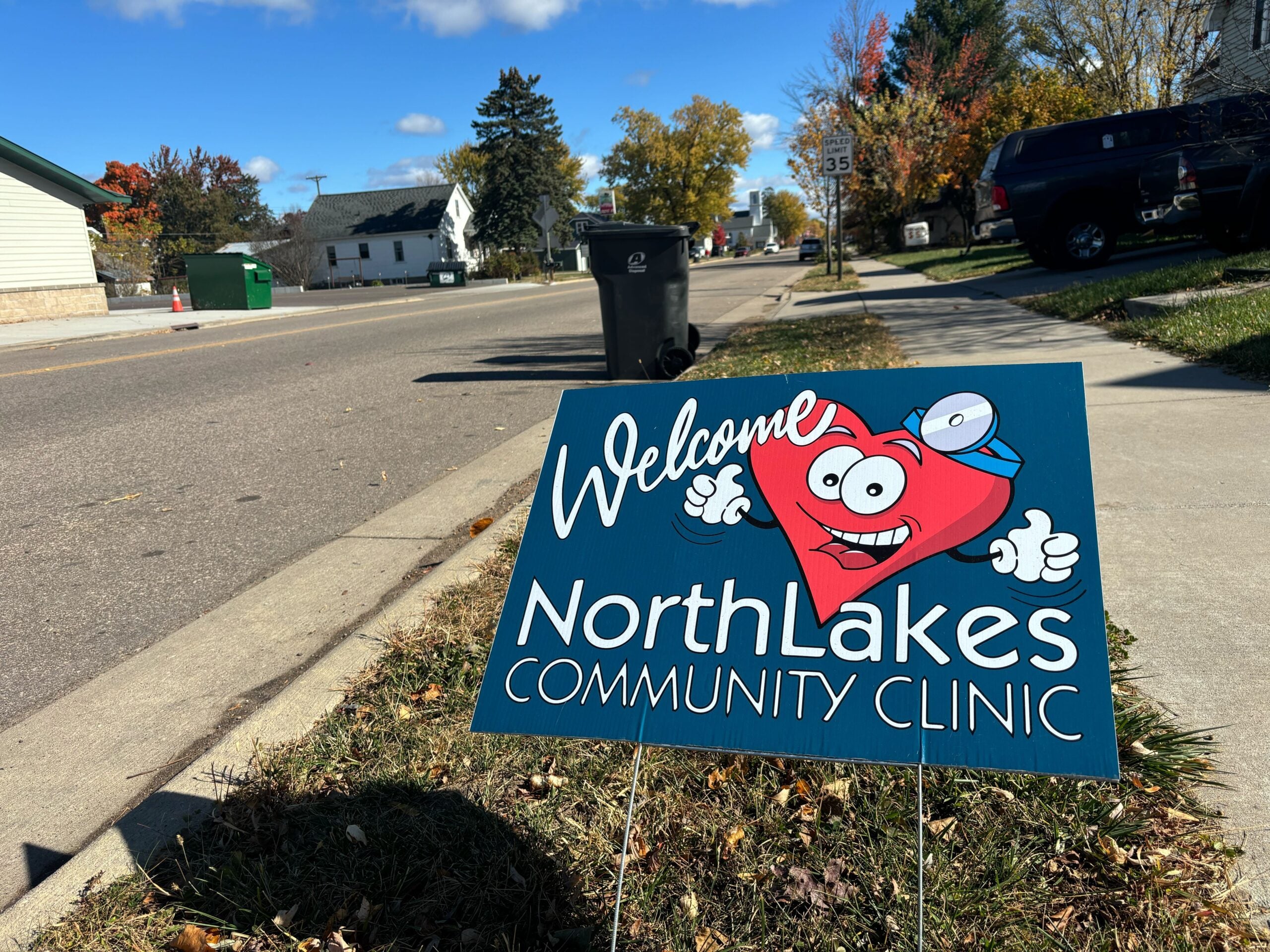Milwaukee County hospitals and health systems plan to use the results of a recent assessment and survey to address the area’s public health challenges.
The Milwaukee Health Care Partnership conducted surveys and interviews of county residents for the Community Health Need Assessment. The results found mental health, violence and drug use are among the top issues. Alcohol and access to health care rounded out the top five concerns.
The assessment also noted infectious disease, chronic disease and maternal, fetal and infant health as areas of concern.
Stay informed on the latest news
Sign up for WPR’s email newsletter.
Joy Tapper is the partnership’s Executive Director. She said at a virtual event Thursday that hospitals and health systems are using the results as they try to better align with one another.
“One of the things that we’re really trying to do is to understand how we work together on items that are of import to health systems, to community health centers, to public health,” Tapper said.
The research is also helping health care providers understand disparities that affect the care certain communities receive.
Milwaukee has been ranked in the past as the worst city in the United States for Black people to live in, with disparities in socioeconomic indicators such as health and income being a long-standing issue. In recent months, County Executive David Crowley has focused on the effects the COVID-19 pandemic has had on those gaps, as well as potential solutions to bridge those divides.
Around half the people in the online survey said mental health was a top issue. Among the area’s Black community, violence was the main concern.
Justin Rivas is Community Health Initiatives Director for the Milwaukee Health Care Partnership. Rivas said some problems have been decades in the making. The latest iteration of the assessment put a focus on health equity, he said.
“These issues are not mutually exclusive at all, they’re actually interconnected and disproportionately affect communities of color,” Rivas said. “There’s a lot that happens outside of clinics and hospitals and doctor’s offices that drives health, and there’s environmental conditions that are very important for health and … those conditions are not the same for everyone in Milwaukee County.”
Income also has an effect on people’s health care. Cost was cited in the survey as the top reason people didn’t seek out mental health care, with long wait times being the second-ranked factor.
Sexual orientation and gender also play a role in the care people get. Half of the non-binary people and transgender women surveyed said when they receive care, they feel they’re treated differently because of their gender.
“It’s going to take a lot of time to close a lot of these health gaps that we see in our community, but there’s a lot of exciting collective work going on towards that,” Rivas said.
The Milwaukee Health Care Partnership is holding a series of free virtual community briefings to discuss the results of the assessment. The next event takes place at 3 p.m. on Monday, with further forums set for Thursday and May 24.
Wisconsin Public Radio, © Copyright 2025, Board of Regents of the University of Wisconsin System and Wisconsin Educational Communications Board.





